Why Chinese-American scientists in US are hopeful next Trump era will be better than last
Some Chinese-born scientists and engineers in the United States are hopeful the second Trump presidency will recognise their contribution to American academia and scientific advances, despite the first Trump administration introducing an initiative they say brought fear and discrimination.
In addition to hope, they have expressed a mix of emotions – ranging from goodwill and cautious optimism to a deep sense of crisis – following Trump’s re-election as president on Tuesday.
Shan-Lu Liu, a virologist from Ohio State University, said the Chinese-American research community recognised “the value of the democratic process in US elections” and hoped the new administration would uphold principles of science and technology, continue support for basic research and encourage international collaboration.
Do you have questions about the biggest topics and trends from around the world? Get the answers with SCMP Knowledge, our new platform of curated content with explainers, FAQs, analyses and infographics brought to you by our award-winning team.
“The United States has benefited tremendously from the scientific contributions of foreign immigrants, especially Asian-American, and that shouldn’t change,” Liu told the South China Morning Post on Wednesday.
However, Shun-Rong Zhang, a space weather researcher at MIT’s Haystack Observatory, said the election results had made prospects for US-China cooperation in space technology “even less optimistic”.
According to Zhang, Chinese-American scientists are increasingly concerned about a possible revival of the China Initiative, an investigation launched in 2018 by the Trump administration to counter alleged economic espionage and technological theft by China.
The programme was heavily criticised for disproportionately targeting academics of Chinese descent for issues unrelated to espionage. Although the Biden administration officially terminated the initiative in 2022, the Republican Party has been pushing for its return.
Xiaoxing Xi, a physicist at Temple University who was arrested and investigated because of the FBI’s misunderstanding of technologies he was working on, made a prediction: “the China Initiative will come back, and the US-China tension will continue to rise”.
“Now, more than ever, Chinese-Americans need to protect our constitutional rights so that we will not be sent to internment camps when the two countries start a war,” Xi told the Post via email.
Peter Bi, an astronomer-turned-IT engineer in California, said the election results came as no surprise to him and his friends, who watched vote counts on Tuesday night and chatted in a WeChat group.
“We knew Trump had a lot of supporters this time,” Bi said. “On the other hand, Kamala Harris seemed to run a ‘negative campaign’ without clearly articulating her own policy agenda.”
Bi and his friends – about a hundred scientists and engineers who immigrated from China in the 1980s and 1990s – felt Trump was not friendly towards Chinese-Americans during his first term.
Still, there might be hope for “good changes” as Trump acknowledged past mistakes in staffing that had worsened US-China relations, and he might now turn to more qualified advisers as his political experience grew, Bi said.
Shaopeng Wang, a researcher in biological design at Arizona State University, expressed a wish for the administration to “bring peace to the world”.
Committee 100, a New York-based non-profit organisation comprising prominent Chinese-Americans, congratulated Donald Trump and J.D. Vance on their election victory.
“We look forward to working with the incoming administration on issues affecting Chinese-Americans daily, such as incorporating AAPI [Asian-American and Pacific Islander] history into curriculums, ending the perpetual foreigner narrative, and fostering a positive era of research and collaboration,” the organisation said in an email to the Post.


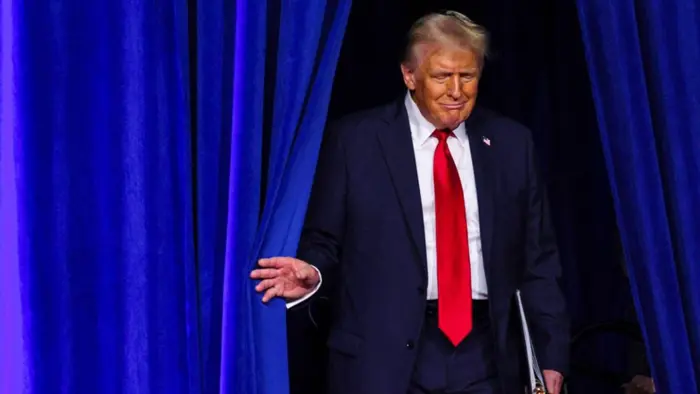


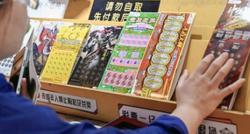
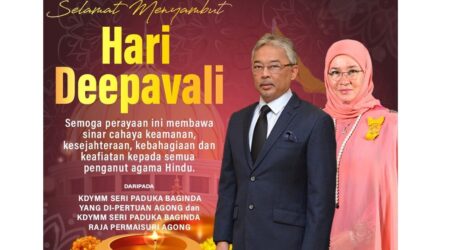

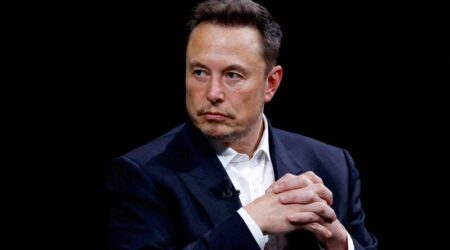

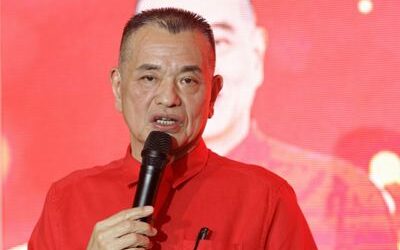
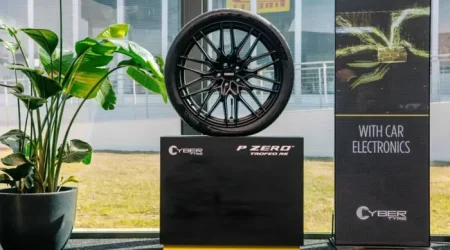
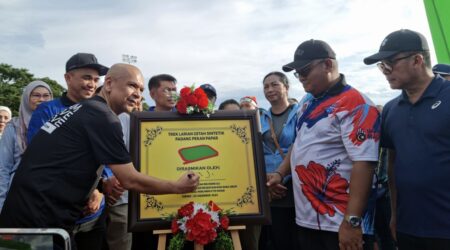
Leave a Reply